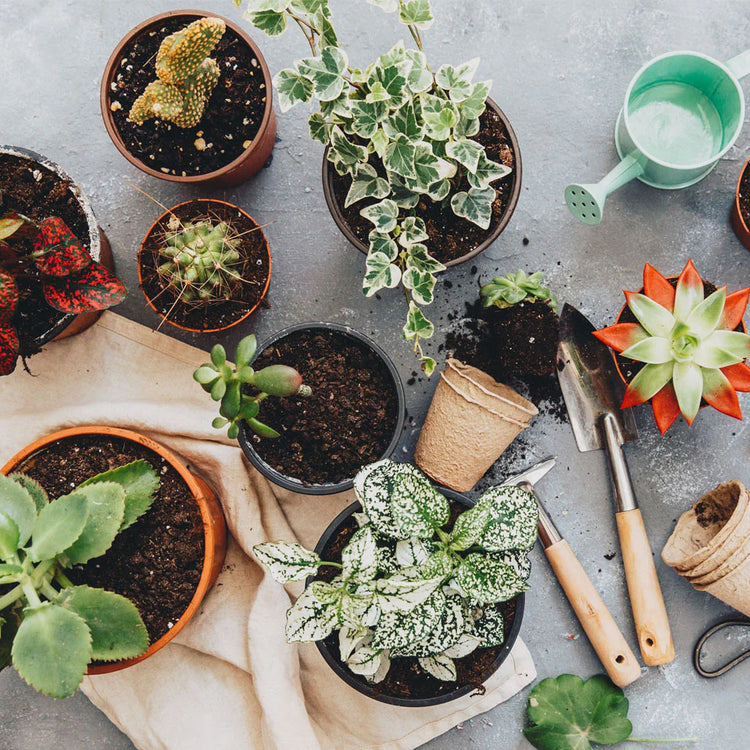



Discover the delicious taste of Cascadia snap peas from West Coast Seeds. This 25g pack produces vines that grow to approximately 60cm (24") tall and do not require a trellis. The dark green pods are 9cm (3.5") long, crunchy, juicy, and sweet. Cascadia peas are resistant to enation virus and powdery mildew, making them perfect for later sowings and fall harvests. Sow as late as July and early August for a crop that can last until October. Winner of the RHS Award of Garden Merit.
Key Features:
- Crunchy, Juicy, and Sweet: Delicious flavor perfect for fresh eating.
- Dark Green Pods: 9cm (3.5") long, packed with flavor.
- Disease Resistant: Resistant to enation virus and powdery mildew.
- Open-Pollinated Seeds: Reliable and easy to grow.
- Matures in 67 Days: Quick and easy to harvest.
Growing Instructions:
- Difficulty: Easy
- Timing: Plant as early in spring as the soil can be worked. Optimal soil temperature: 10-20°C (50-70°F). Seeds should sprout in 7-14 days.
- Starting: Sow seeds 2cm (1") deep. After April 15th, sow seeds 5cm (2") deep. Space seeds 2-7cm (1-3") apart in rows. Do not thin.
- Growing Conditions: Use well-drained soil amended with finished compost. Add 2 cups of rock phosphate or bonemeal per 3m (10') row. Support with twigs if needed.
Harvesting:
Pick pods at the desired stage. Multiple sowings or growing several varieties can extend the harvest season.
Tips for Blanching Peas:
To freeze peas for fall and winter use, blanching is essential. Submerge peas in boiling water briefly to kill enzymes, then cool in ice water before drying and freezing.
- Snap and Snow Peas: Boil whole pods for two minutes, then cool in ice water.
- Shelled Peas: Boil for ninety seconds, then cool in ice water. Dry thoroughly before storing in zip-top or vacuum bags.
Disease & Pest Management:
- Pea Root Rot: Prevent by planting in drier soil and using compost. Rotate crops yearly.
- Pea Enation Virus: Spread by aphids, it causes warty pods. Plant enation-resistant varieties in susceptible areas.
- Pea Moth: Monitor for tiny brown moths and caterpillars. Biological control can help manage infestations.
Companion Planting:
Excellent companions include beans, carrots, celery, corn, cucumber, eggplant, parsley, peppers, potatoes, radish, spinach, strawberries, and turnips. Avoid planting near onions.
Enhance your garden with the sweet and resilient Cascadia peas. Perfect for home gardeners and market growers, these peas offer a delicious and easy-to-grow addition to your vegetable patch.
Selected page contains no content. Add content to this page in the page editor.
Discover the delicious taste of Cascadia snap peas from West Coast Seeds. This 25g pack produces vines that grow to approximately 60cm (24") tall and do not require a trellis. The dark green pods are 9cm (3.5") long, crunchy, juicy, and sweet. Cascadia peas are resistant to enation virus and powdery mildew, making them perfect for later sowings and fall harvests. Sow as late as July and early August for a crop that can last until October. Winner of the RHS Award of Garden Merit.
Key Features:
- Crunchy, Juicy, and Sweet: Delicious flavor perfect for fresh eating.
- Dark Green Pods: 9cm (3.5") long, packed with flavor.
- Disease Resistant: Resistant to enation virus and powdery mildew.
- Open-Pollinated Seeds: Reliable and easy to grow.
- Matures in 67 Days: Quick and easy to harvest.
Growing Instructions:
- Difficulty: Easy
- Timing: Plant as early in spring as the soil can be worked. Optimal soil temperature: 10-20°C (50-70°F). Seeds should sprout in 7-14 days.
- Starting: Sow seeds 2cm (1") deep. After April 15th, sow seeds 5cm (2") deep. Space seeds 2-7cm (1-3") apart in rows. Do not thin.
- Growing Conditions: Use well-drained soil amended with finished compost. Add 2 cups of rock phosphate or bonemeal per 3m (10') row. Support with twigs if needed.
Harvesting:
Pick pods at the desired stage. Multiple sowings or growing several varieties can extend the harvest season.
Tips for Blanching Peas:
To freeze peas for fall and winter use, blanching is essential. Submerge peas in boiling water briefly to kill enzymes, then cool in ice water before drying and freezing.
- Snap and Snow Peas: Boil whole pods for two minutes, then cool in ice water.
- Shelled Peas: Boil for ninety seconds, then cool in ice water. Dry thoroughly before storing in zip-top or vacuum bags.
Disease & Pest Management:
- Pea Root Rot: Prevent by planting in drier soil and using compost. Rotate crops yearly.
- Pea Enation Virus: Spread by aphids, it causes warty pods. Plant enation-resistant varieties in susceptible areas.
- Pea Moth: Monitor for tiny brown moths and caterpillars. Biological control can help manage infestations.
Companion Planting:
Excellent companions include beans, carrots, celery, corn, cucumber, eggplant, parsley, peppers, potatoes, radish, spinach, strawberries, and turnips. Avoid planting near onions.
Enhance your garden with the sweet and resilient Cascadia peas. Perfect for home gardeners and market growers, these peas offer a delicious and easy-to-grow addition to your vegetable patch.
Selected page contains no content. Add content to this page in the page editor.





